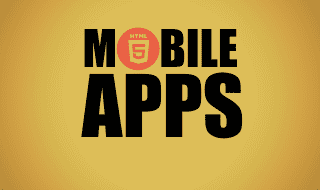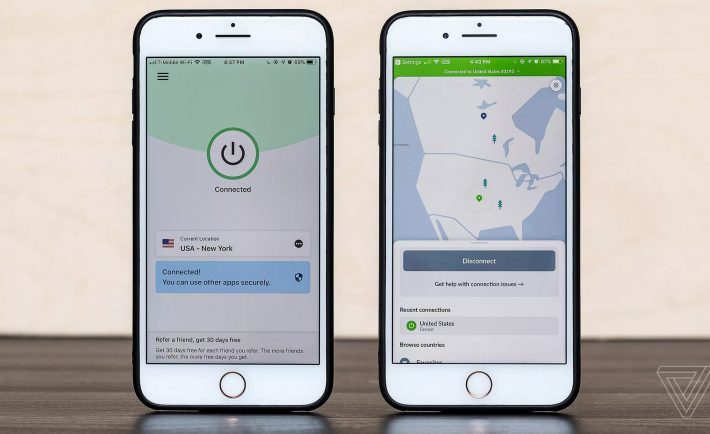
As VPN’s become more popular amongst internet users, there are more and more questions that are beginning to arise around the service and functionality of VPN’s and whether or not they are worth the investment.
After getting together a team of experts and personally reviewing some of the well-known VPN services available today, we have created a guide for you to know everything it is you need to know before making the decision on a VPN service.
What Is A VPN?
A VPN is an encrypted tunnel that is created between you and your VPN service in an effort to secure your data from potential online threats. Having this tunnel requires your traffic to exit the VPN service and list your IP Address the said VPN’s service’s IP Address and location. Giving the appearance that you are in the location of the VPN and not your own location.
How Does A VPN Work?
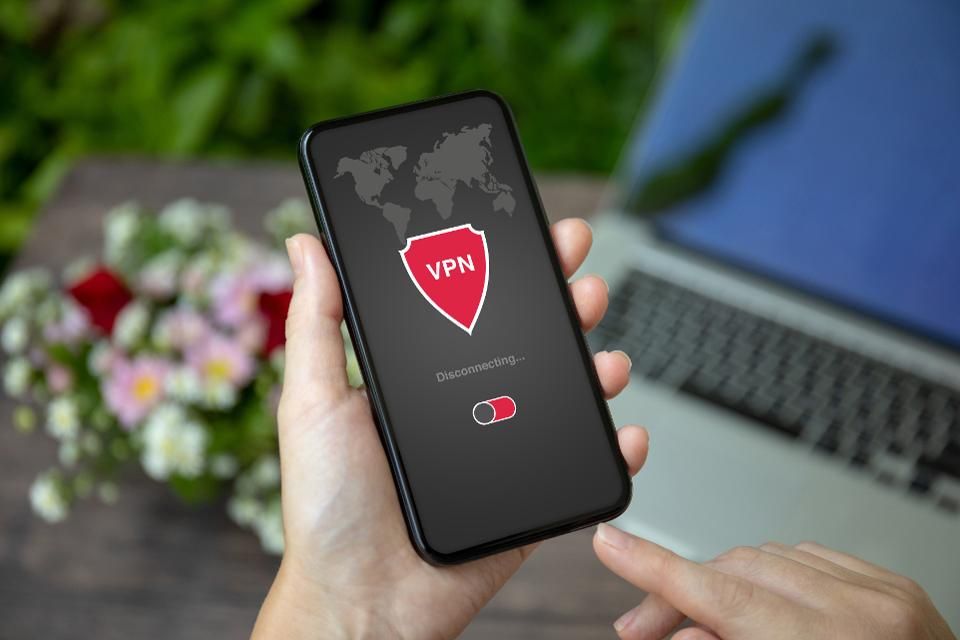
A VPN works to maintain your privacy while browsing the internet to protect you from attackers that can be sitting on the same network and can use a number of different techniques to look through your web traffic and even hijack accounts on the internet that do not hold an SSL certificate. Which are the websites you see that do not have the HTTPS security protocol?
While you are a little safer using your home network because you own the network, it doesn’t mean you’re completely safe. Because of Congress, your ISP is allowed to sell anonymized information about its customers means the company you pay to provide you internet services is able to sell your information.
One of the main drawbacks when using a VPN is speed. Your connection time may be slowed down some because a VPN reroutes your network traffic, which can slow it down. There is essentially another wall between you and the internet. While this may not be noticeable when doing simple online tasks like checking your email, watching youtube videos or writing documents, it may be much more noticeable when it comes to activities that take up a larger amount of bandwidth like gaming. The best way to determine if your gameplay will be affected is to sign up for a free trial with the potential VPN service you are thinking of using, and test the gameplay of some of your favorite games while you’re on the trial. Another drawback is that some sites can see VPN traffic suspicious and not allow you to connect.
How Should I Use A VPN?
The first thing you should do as an even further safety precaution, even before you get a VPN is to block websites from obtaining your location by configuring your browser to deny location requests from the sites that you visit.
You can also stop using your ISP’s DNS servers because when you do, it allows for you to be tracked by your DNS requests. You can switch the entries in your DNS to OpenDNS. One of the quickest tests you can run is to type in Google is to type in the search bar, “what is my IP”. If you look at the search results, Google will display your current IP address. If it is in the range of the VPN’s IP Address, your service is working correctly, if you still see your own ISP, there is something wrong and you’ll need to troubleshoot further.
What Is At Risk If I Don’t Use A VPN?
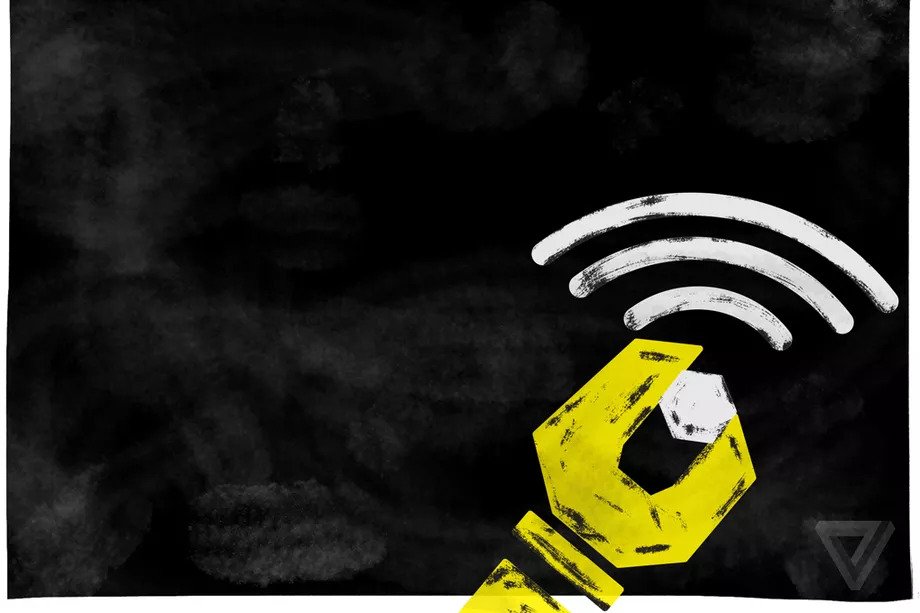
When you are browsing the web and you’re on an internet connection that is open to potential hackers on the network, you’re exposed to a number of heinous crimes that you may not even realize until it’s too late. Some of the data that is at risk when you’re not on a VPN include:
- Payment logs
- Previous and currently used devices
- IP addresses
- User activity
Once all of these logs come together, your data is a bit more at risk because your IP is able to be connected to a previous browsing session. Other information that may be at risk when not using a VPN is your identity, address, banking information and logins, browsing history, and even more sensitive items such as photos. Having a VPN can help with keeping sensitive information like this protected since your IP will be unknown to potential suspicious eyes.
Are VPNs Illegal?
The short answer: They can be, but not always. In recent years VPNs have become legal in some jurisdictions, but there are still some countries where they are not permitted to be used like, North Korea, United Arab Emirates, Oman, Turkey, and Iraq. VPN’s are much more welcomed in the United States, the UK, Canada and most of Western Europe. In this circumstance, what matters the most is your actual physical location. You should conduct further research about the legality of VPN services in your country. An in-depth review of the laws from your local government will let you know whether using a VPN is permitted in your location.
Is A VPN Free To Use?
While most of the more popular VPN services cost a monthly fee to use, there are also some VPN services that are free to use as well. Free VPNs usually display ads and have a much more limited selection of servers to connect to, which in return slows connection speeds causing the server to get overcrowded. If slightly slower internet speeds and the occasional ad does not bother you, a free VPN service may do just fine.
What Is the Difference Between a Free VPN and a Paid One?
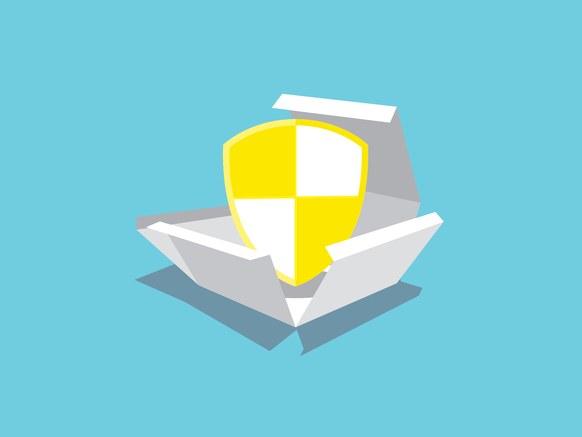
Like we mentioned above, a free VPN is subject to much more traffic and overcrowding on the server which can cause slower internet speeds. Since free VPNs have less security they are usually filtered or blocked by other various websites because it’s easier for hackers, spammers, and other suspicious users to abuse the network. Some information you are putting at risk by using a free VPN are:
- Your email address
- Your phone number
- Your browsing habits
Unfortunately, when it comes to using Free VPN’s, you get what you pay for. Some of the most common flaws that you’ll see with a free VPN are:
- Extremely limited data usage
- Slow connection speeds
- No personal or professional support
- No consistent access to streaming services
- The protocol that is under industry standard
Just remember that choosing the wrong VPN to protect your online data can be worse than not having one at all. Even if you have to pay for a VPN, you should feel like it’s an investment and not a liability.
A paid VPN has more robust servers, infrastructure, employees and data transfers and can keep your online information much more protected. Paying for a VPN is a pretty small investment for the return that it gives you which is keeping your online data private and secure from potential hackers. You can expect to pay anywhere from $3-$5 per month for a great VPN solution. One way to get a potential price drop from the VPN service is to sign up for a year or two in advance.
Can I Use a VPN To Watch Hulu and Netflix?
Yes, but this comes down to the particular VPN service you’re using. Due to complicated licensing agreements, even though Netflix is now available in over 130 countries there are still some shows that are not distributed equally. If you happen to be in a country where Netflix or Hulu does not allow streaming over a particular show, a VPN can help because one of the filters that are used by both streaming services is a location filter, meaning if they see your connection coming from a country that is prohibited, you’ll also be prohibited. VPNs can help because you have the power to choose the server in the country you’d like to be connected to, that way you are able to be in the United Kingdom but look like an incoming connection from the United States to the streaming services filters.
What You Should Look At Before Choosing A VPN Provider
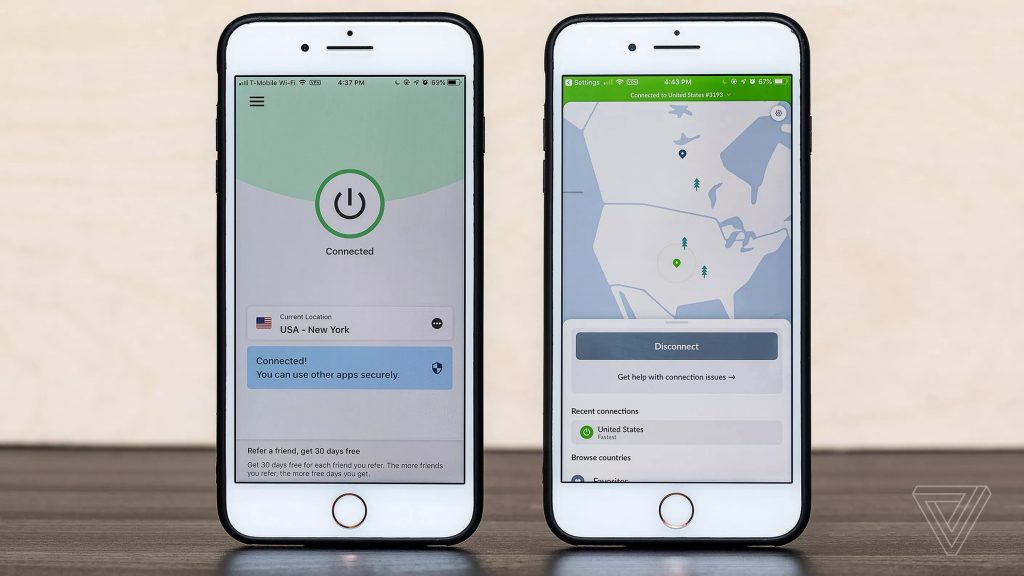
Sorting through the mess of VPN apps
This may not be something you always hear mentioned when it comes to looking for a VPN service but one of the most important precautions you can take before signing up with any VPN service is to read the EULA to see if it contains any language or jargon that allows them to sell the information that you’re trying to protect.
Make sure to always view a company’s reputation before deciding to move forward with their service. It is best to already be familiar with the service you are thinking of using. Understanding your monthly budget is also important when it comes to choosing a VPN service. While most of them are inexpensive, they should at least the minimum industry standard as far as protection and connection speeds.
Support is also very important. The better companies will have either live chat or quick email support. Checking the history of positive and legitimate reviews is also very important as this will let you know information about how they are treating their current customer base. A few other attributes that you’ll want your VPN service to have are:
- Multiple server locations to fit your needs
- Dedicated IP address
- Top tier encryption
- Respects and takes your privacy seriously
- hotspot protection
Conclusion
In this guide, we have broken down some of the most important questions surrounding VPN services and how you should use these questions to help you in choosing a VPN service that is just right for you and your needs.
When it comes down to choosing a VPN, if you know exactly what to look for, it does not have to be a difficult process. Just making sure the potential service you are considering using has the necessary protection protocols, a great user experience, friendly and fast customer service and is priced at a reasonable rate can be all the information you really need to know to make the decision on moving forward with your potential new VPN service.

